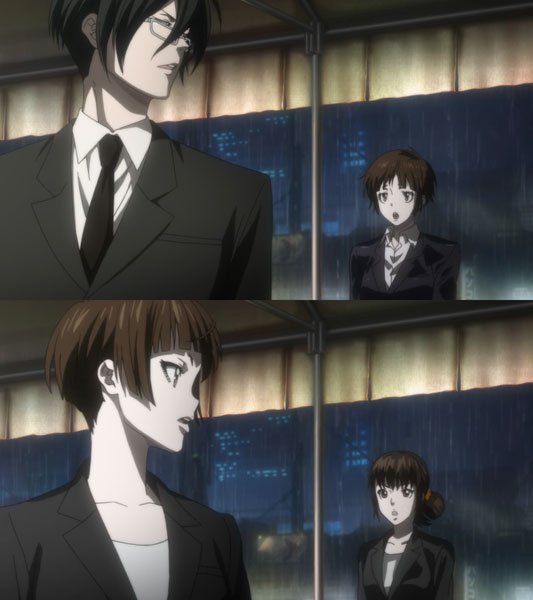In Japanese, kouhai 後輩 means "junior," in the sense they've been in a workplace, organization, school, or school club, for less time than you have. It can also refer to someone who has been doing an activity, like a sport, for less time than you.
The word kouhai is also romanized kōhai. It's the antonym of senpai 先輩, "senior," as one might guess from the meaning of the kanji of the words: saki 先 means "early," while ato 後 means "later." A senior is the one who joined earlier, before, the junior who joined later.
- {Senpai ga Uzai} Kouhai no Hanashi
先輩がうざい後輩の話
The Story of The Kouhai [whose] {Senpai is Annoying}.- Title of a series originally posted on Pixiv about an office lady who thinks her senpai is uzai, is "annoying," "infuriating," is noisy, gets in the way, is condescending, and so on.
- This is possessive type of double subject construction turned into relative clause:
- sono kouhai wa {senpai ga uzai}
その後輩は先輩がうざい
{The senpai is annoying} is true about that kouhai.
That kouhai's {senpai is annoying}.
Top-left: Ginoza Nobuchika 宜野座伸元
Top-right: Tsunemori Akane 常守朱
Bottom-right: Shimotsuki Mika 霜月美佳
Anime: Psycho-Pass, Saiko-Pasu サイコパス (Episodes 1, 22)
Top-right: Tsunemori Akane 常守朱
Bottom-right: Shimotsuki Mika 霜月美佳
Anime: Psycho-Pass, Saiko-Pasu サイコパス (Episodes 1, 22)
- Context: in the first episode of Psycho-Pass, the main character Tsunemori joins Ginoza's group, and so she's his kouhai. In the last episode, a Shimotsuki joins the group, becoming the main character's kouhai.

No comments: